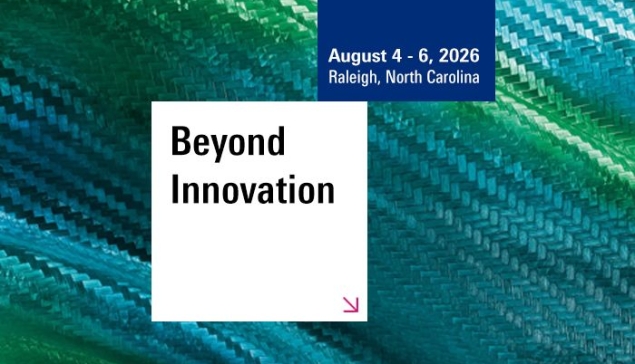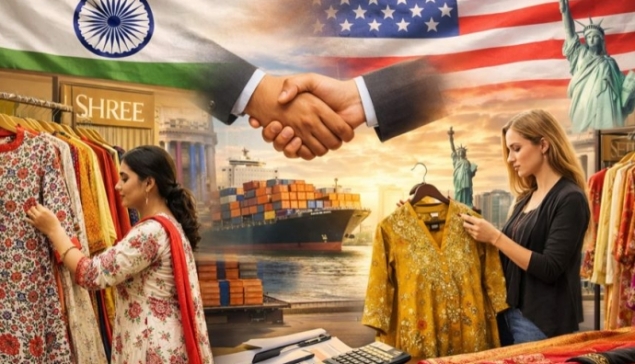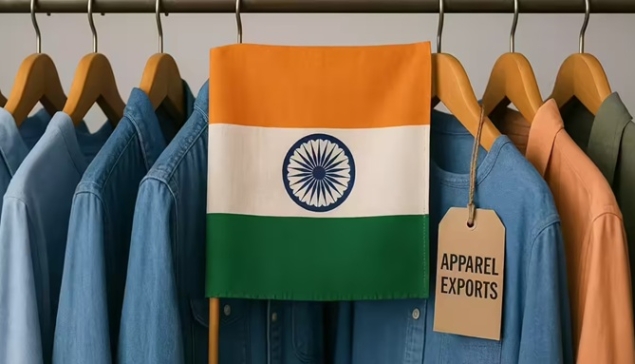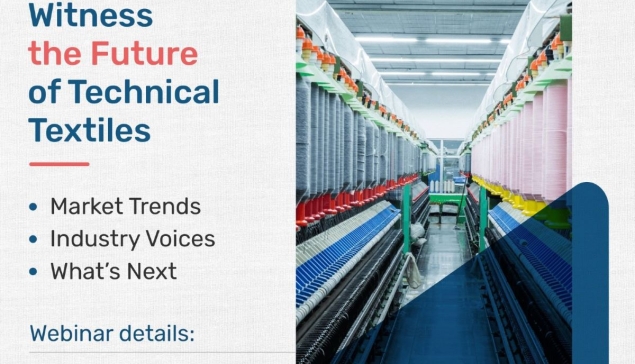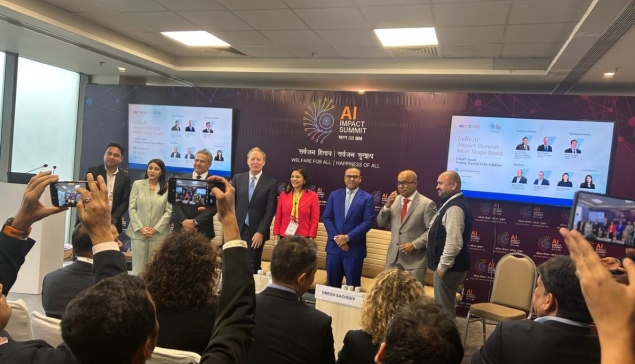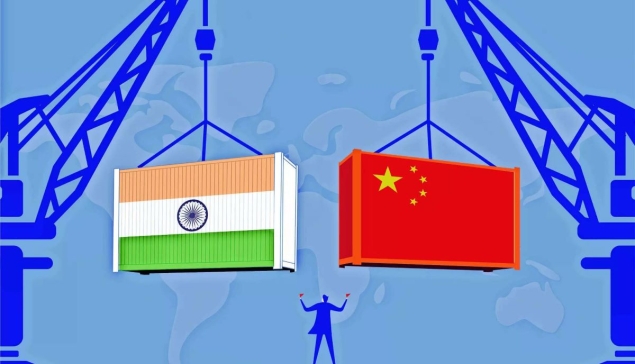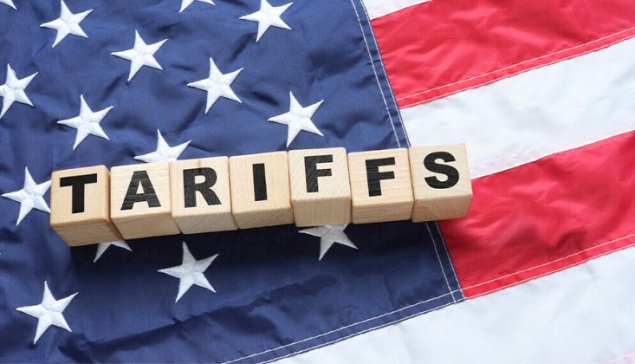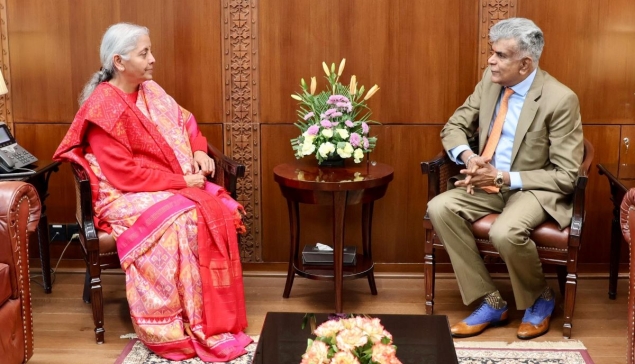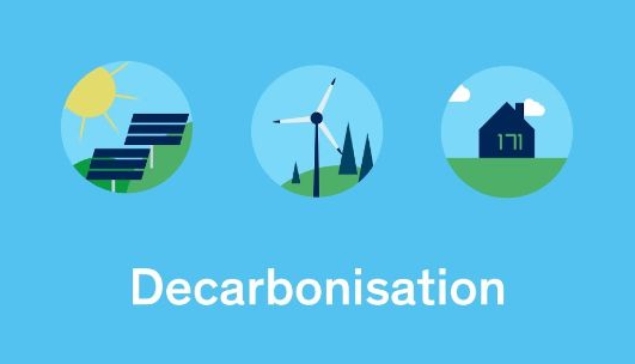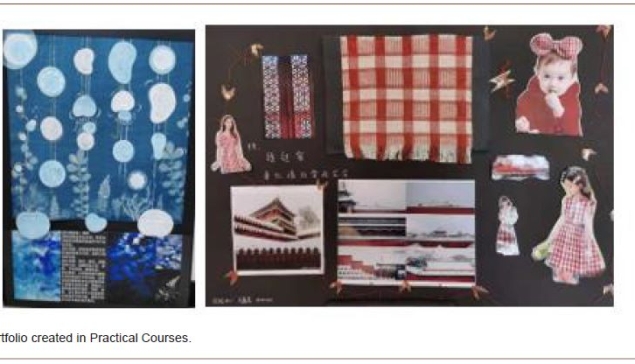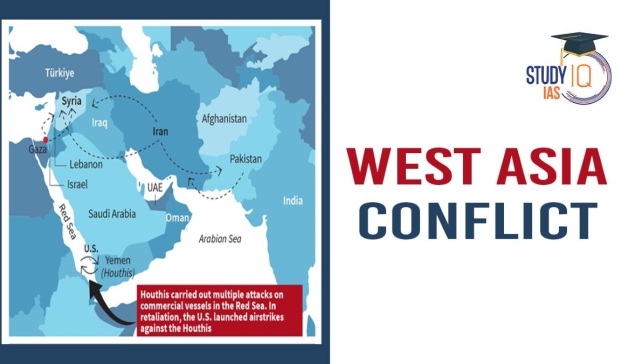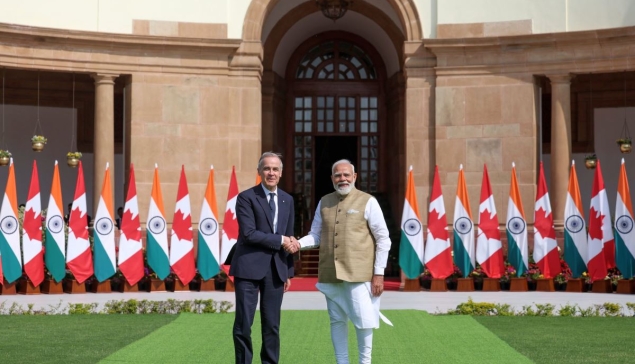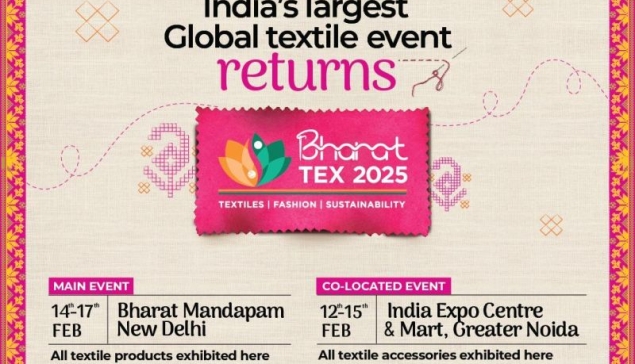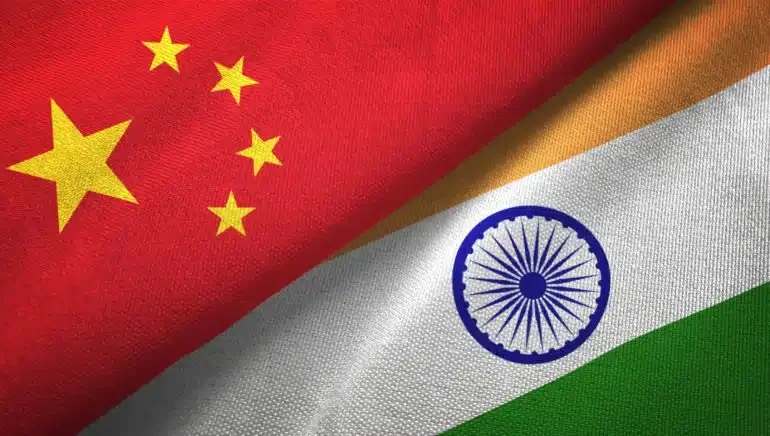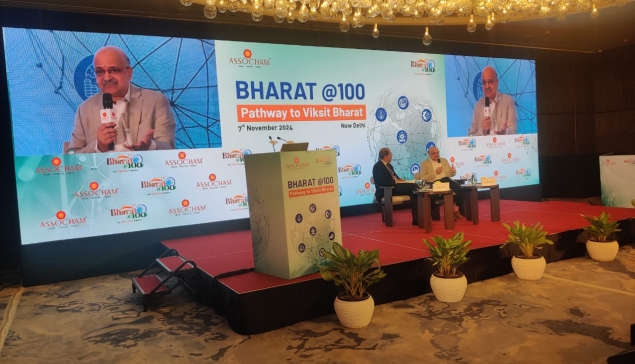Navigating Tariff Uncertainty: Implications of the 90-Day Pause on U.S. Duties-II
Competitive Advantage in a Reordered Trade Arena
If tariffs disproportionately impact competitors such as China, Vietnam, or Bangladesh, India could benefit—provided it strengthens key fundamentals.
Admittedly, India’s apparel export ecosystem has often been reactive rather than strategic. Nonetheless, the following advantages position India favorably:
Robust Cotton Ecosystem: Vertically integrated supply chains from farm to fabric to fashion.
Rising Compliance Standards: Adoption of ESG metrics and digital traceability is gaining momentum.
Fashion Guru
New FTAs: Deals with the UAE, Australia, and potentially the UK open new growth corridors.
Exporters' Entrepreneurial Drive: Indian exporters have repeatedly demonstrated agility, marketing acumen, and resilience.
Policy Potential: A future U.S.-India trade deal may introduce reciprocal tariffs that benefit Indian exporters.
Additionally, a growing chorus within the industry advocates easing restrictions on polyester raw material imports.
A policy pivot toward synthetic fibres would help Indian manufacturers respond to rising global demand for polyester-based apparel, where India currently lags due to its cotton-centric policy framework.
To convert this potential into tangible gains, India must deepen U.S. buyer relationships, target value-added segments, and invest in design-led, sustainable products.
Demand Disruptions and Price Sensitivity
Even with relative advantages, tariffs may depress overall demand:
Inflationary Pressures: U.S. consumers and retailers may cut volumes.
Cost-Driven Substitution: Buyers may shift to cheaper sources or lean inventory models.
Discretionary Segment Risk: Fashion and mid-premium apparel are particularly vulnerable.
Join our community
To mitigate these risks, Indian exporters must emphasize:
Agility: Quick turnaround capabilities.
Flexible Pricing: Dynamic cost models responsive to market realities.
Efficiency: Lean production systems to maintain competitiveness.
CREDITS: Sanjiv Mehan is Professor in Practice , Department of Management Studies, Panipat Institute of Engineering & Technology. He is an MBA from the Faculty of Management Studies (FMS), University of Delhi, and a textile engineering degree from TIT Bhiwani.

